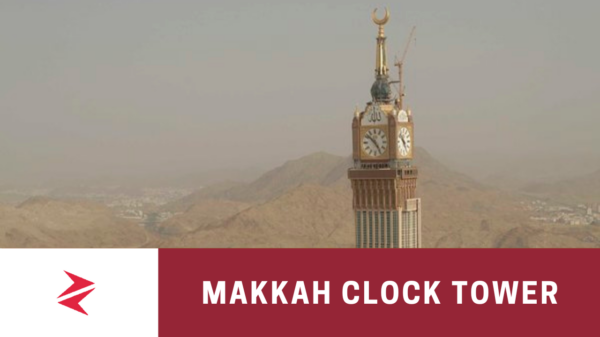In the ongoing discourse surrounding the Qadiani community, many sympathizers and appeasers sarcastically imply that South Asian Muslims believe they are the only ones who truly understand Arabic and, by extension, Islam. This suggestion, as if mastery of the Arabic language is the sole criterion for religious comprehension, is misleading and oversimplified. The reality is far more complex, rooted in both theological doctrines and practical considerations for maintaining religious purity and authenticity.
Understanding Religious Identity and Pilgrimage Requirements
A recent policy highlights the importance of identifying as a Muslim before performing Hajj. This requirement is not just a formality but a crucial measure to ensure that those undertaking this sacred journey are genuine followers of Islam. This policy underscores the need for clarity and authenticity in religious practices, safeguarding the sanctity of Islamic rituals.
The Salafi Perspective
The Salafi movement, known for its emphasis on returning to the practices of the first three generations of Muslims (Salaf), also takes significant steps to preserve religious identity. Despite occasionally easing certain restrictions and modifying religious practices to adapt to contemporary circumstances, the Salafis recognize the importance of preventing identity theft within the religious community. For example, the recent suspension of the ritual of Rami (stoning of the devil) during Hajj due to health concerns demonstrates their adaptability. However, this does not undermine their commitment to ensuring that only those who genuinely identify as Muslims can participate in Hajj.
The Straw Man Fallacy and Qadiani Tactics
Conclusion: Preserving Religious Integrity
The insistence on proper identification before participating in Hajj and other significant Islamic practices is not about exclusion but about preserving the integrity of the faith. The Qadiani issue is complex, involving theological, historical, and practical dimensions that go beyond mere language proficiency. By focusing on the genuine adherence to Islamic tenets, the Muslim community aims to maintain the purity and authenticity of its religious practices. In this context, safeguarding religious identity is a necessary and justified measure to ensure the continued sanctity of Islam.
